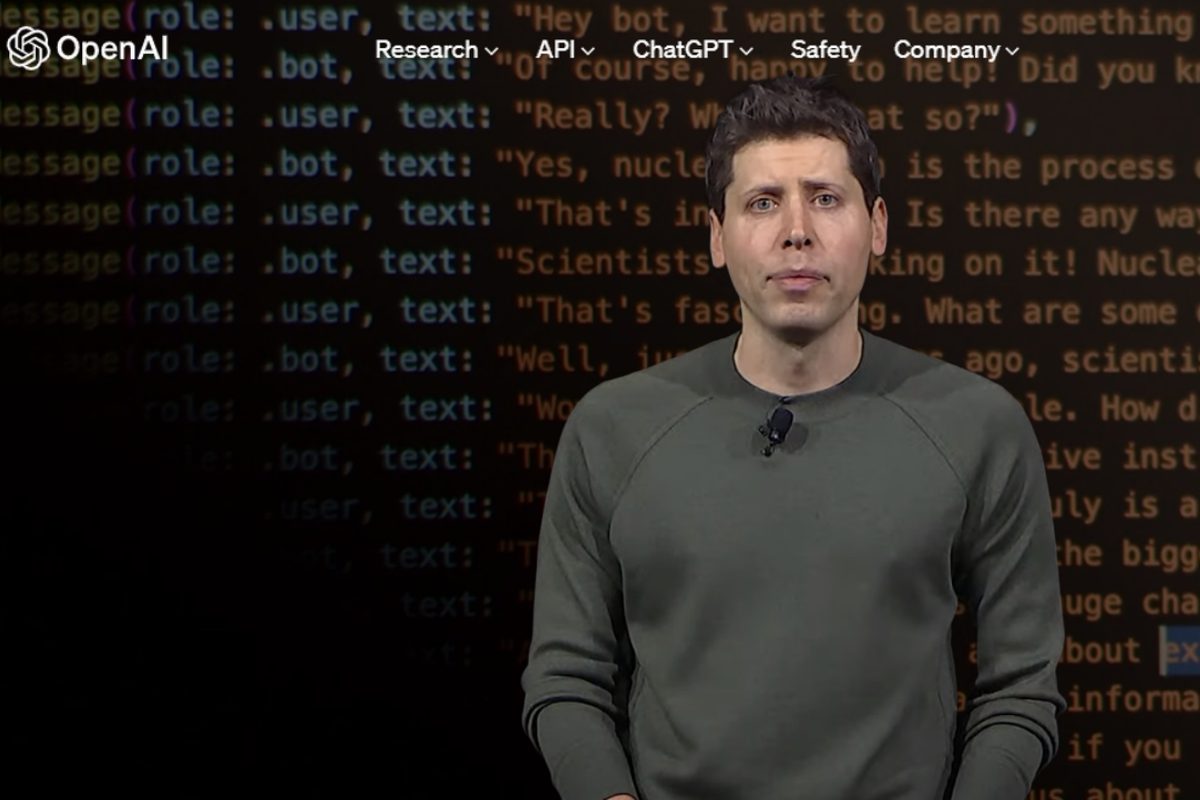The prospect of machines becoming smarter than humans might arrive sooner than expected. In a statement that’s reverberating through the tech industry, OpenAI CEO Sam Altman has declared that artificial general intelligence (AGI) is achievable with current hardware – a claim that raises significant questions about the future of AI development and its implications for society.
This bold assertion comes at a time when the definition of AGI itself remains hotly debated among experts, making any timeline predictions particularly challenging to evaluate. The stakes for such claims are enormous, considering the billions of dollars the AI industry has poured into data-centre infrastructure for AI model training.
The Hardware Question
During a recent Reddit AMA, Altman’s statement about current hardware capabilities marked a significant moment in the ongoing AGI timeline debate. For the company that has made AGI its primary mission, this position aligns with their strategic goals. However, the lack of specificity about what constitutes “current hardware” leaves room for considerable interpretation.
Historical Context and Industry Parallels
The tech industry has seen similar bold predictions before. A notable parallel exists in Tesla CEO Elon Musk’s early promises about self-driving capabilities:
- Initial claims suggested existing hardware would enable full autonomous driving
- Tesla recently removed these promises from their website
- Musk now acknowledges that even the latest hardware may not support “unsupervised” driving.
The Investment Landscape
The financial implications of these claims cannot be overlooked. OpenAI’s substantial investments in AI infrastructure represent a significant bet on achieving AGI, and such optimistic statements about hardware capabilities may serve to maintain investor confidence and support the company’s valuation.
Timeline Uncertainties
Expert opinions on AGI development vary widely:
- Some researchers predict achievement within years
- Others suggest a timeline spanning decades
- Certain experts question whether current machine learning approaches can achieve AGI at all
Adding to this uncertainty, Altman recently predicted in “The Intelligence Age” that “superintelligence” lies “a few thousand days” away – an notably imprecise measurement that could span several years or more.
Other read: Meta’s Game-Changing AI Tool, Movie Gen.
Opinion
The technology industry’s history of ambitious predictions warrants careful examination of these latest claims. While OpenAI has demonstrated significant achievements in AI development, the intersection of corporate interests and technological forecasting creates a complex landscape for evaluating such statements.
The development of AGI presents challenges beyond mere hardware capabilities. Fundamental breakthroughs in algorithms, intelligence theory, and computer science may still be required – areas where progress is less predictable and measurable than hardware advancement.
The pattern of tech industry leaders making bold claims about transformative technologies, only to later modify these predictions, suggests the need for measured scepticism. The Tesla self-driving example demonstrates how even well-resourced companies with cutting-edge technology can miscalculate development timelines.
Nevertheless, OpenAI’s position at the forefront of AI research lends weight to Altman’s assessment. Their access to advanced hardware and research capabilities might provide insights unavailable to others in the field. The key lies in balancing technological optimism with practical development realities.
Reference and Source: Original article about Sam Altman’s AGI hardware claims.









